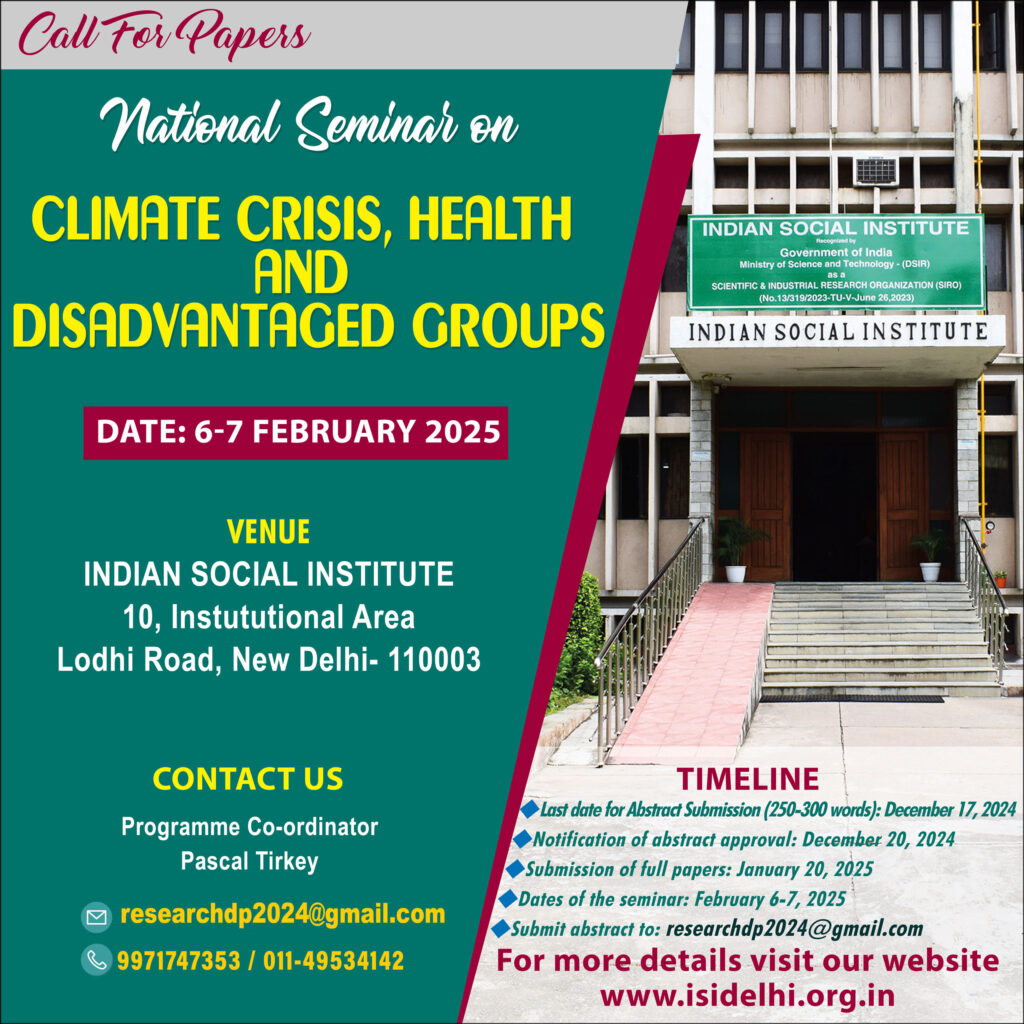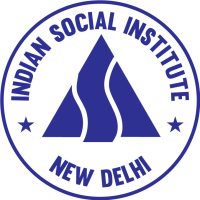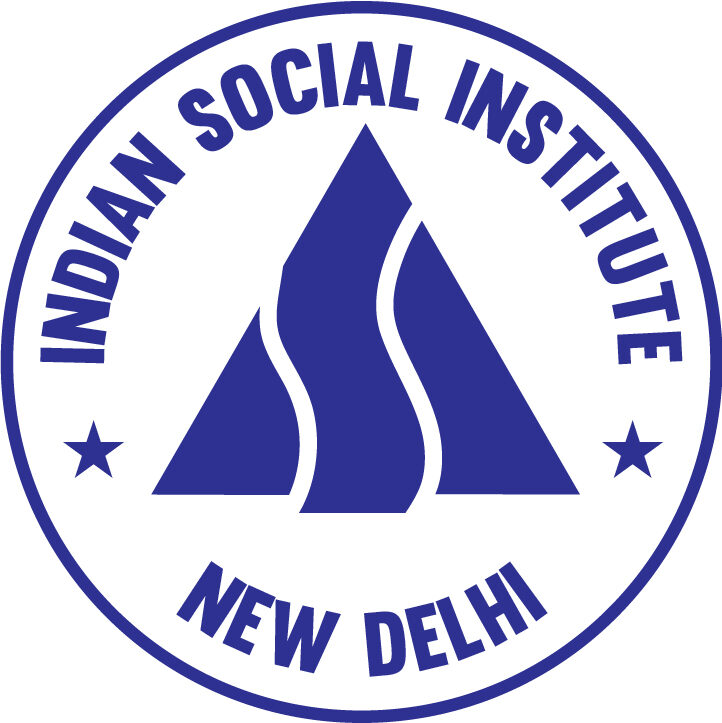Invitation

Concept Note
Public health remains one of the major frontiers of challenges that any developing country faces. While India has reached several milestones like eradicating polio and smallpox and significantly increasing life expectancy, yet it remains far behind in addressing health disparities and making adequate and wholistic health resources available to a majority of the population. India is at present the most populous country in the globe with a sizeable population in the young age group. If this population remains healthy then it will also be productive and contribute to the nation, but if it is not in a proper state of health, then this large population will be both a burden and a drain on national resources. Over the years, with privatisation and a proliferating neo-liberal economy, the lack of accessibility and affordability of healthcare is leaving a large section of the populace without any adequate healthcare facilities. There is an aggravation of urban and rural divide and increasing deprivations facing the marginalised leaving many vulnerable individuals struggling with their health issues. Even to deal with climate change it is necessary that there be enough resilience and capacity for struggle that is only possible if the people are enjoying good health.
In the last few decades, the climate crisis has intensified leading to the deepening of the existing inequalities, leaving the marginal exposed to possible severe consequences from climate change. Climate-induced disasters such as floods, wildfires, windstorms, cyclones, heatwaves, changes in rainfall patterns, droughts, landslides, melting glaciers, rising sea levels, and pollution —pose significant health risks. The disadvantaged groups, including women, children, youth, aged, unorganised labourers, vagrants, refugees, migrants, untouchables, marginal castes, tribals, persons with disabilities (PwDs), and LGBTQ+ individuals, often bear the brunt of these challenges. This situation highlights the urgent need for equitable distribution of resources, specifically health care facilities, and concerted efforts to address justice, equality and identity issues.
The escalating climate-induced disasters pose a significant threat to the health and lives of vulnerable populations. Despite projected figures of development and growth, the state feeds its unsuspecting citizens. There is a widening of the gap between the deprived and the privileged, putting a big question mark on the real achievements of economic growth without equity and sharing of dividends of prosperity. According to an Oxfam report, 1 per cent of the population holds 40 per cent of the wealth in India, illustrating how vulnerable populations continue to suffer in a system that promotes the ‘survival of the richest’. The report also states that 63 million Indians are pushed into poverty each year due to healthcare costs. While the Indian state has been highly interventionist in its policies and programs, it must take responsibility for implementing preventive measures to address healthcare challenges arising from the climate crisis. Economists like Amartya Sen and Jean Drèze have rightly pointed out public health as ‘one of the most neglected aspects of development in India’. With health expenditures currently at a mere 1.9 per cent of GDP, the nation’s approach to public health is nowhere near meeting the goal of ‘Good Health and Well-Being’ (Goal 3 of the Sustainable Development Goals) and addressing the complex and interconnected web of health-related goals.
Improving health outcomes requires a comprehensive approach that includes healthcare infrastructure in both rural and urban settings and the active involvement of state authorities, the market, and civil society. The role of civil society, particularly non-governmental organizations and community groups is crucial in advocating for and implementing healthcare solutions. From the side of the state, the people would expect at least a minimal degree of effort towards social justice and concern for the lives of ordinary citizens.
Sub-themes for the Seminar
The sub-themes of the seminar include:
- 1. Identification of climate change consequences and their effects on health
- 2. Climate crisis and health impact on disadvantaged groups – women, children, youth, and the aged
- 3. Effects of climate change on fringe groups such as unorganised labourers, vagrants, climate refugees, and migrants, with special attention to their health
- 4. The health status of resource-starved groups (Dalits, tribals, PwDs and LGBTQ+ individuals), and also the possible effects of environmental changes on them
- 5. Alternative healthcare systems and disadvantaged groups
- 6. State’s response to environmental degradation and health crisis
- 7. Steps taken by pressure groups to combat climate crisis in India
- 8. Recent actions by the meteorological department on climate crisis
- 9. Healthcare challenges to the Indian health system
- 10. Interlinkages between growth, equity, health and climate crisis
- 11. Climate resilience and civil society engagement concerning health
- 12. Sustainable Development Goals (SDGs) regarding health
To create an engaged discourse and raise questions and seek possible answers; it is proposed to organize a two-ay national seminar on 6th and 7th, February 2025 to deliberate on the issues surrounding the topic, ‘Climate Crisis, Health and Disadvantaged Groups’ within the Indian context. It is hoped that the seminar will be able to focus on some of these pressing issues and also highlight important findings and consolidate them to produce a comprehensive document that will provide a base for further discussions and possible lines of action to take care of these vital areas of national well-being.
Financial Support
Selected paper presenters will receive travel support AC-3 train travel within India and accommodation to support their participation in the seminar.
Seminar Organizing Committee:
- Dr Shreya Jessica Dhan
- Dr Arun Kumar Oraon
- Dr Minakshi Sardar
- Dr Yatish Kumar
- Mr Pascal Tirkey
Advisory Committee:
- Lancy Lobo, Professor and Research Director, Indian Social Institute, Delhi
- Subhadra Mitra Channa, Retired Professor, Department of Anthropology, University of Delhi, Former Senior Vice President IUAES and Editor of Reviews in Anthropology.
- Sabiha Hussain, Professor, Sarojini Naidu Centre for Women’s Development Studies, Jamia Millia Islamia.
- Mr. Amit Mitra, Independent researcher and retired faculty at the Centre for Social Studies, Surat and Centre for Environmental Studies.
- Dr Vincent Ekka, Assistant Professor, Research Department in Indian Social Institute, Delhi. Leading Indigenous Research Team from India for ‘Biodiversity Conservation: Health and Wellbeing of Indigenous Peoples’, University of Alberta, Canada


